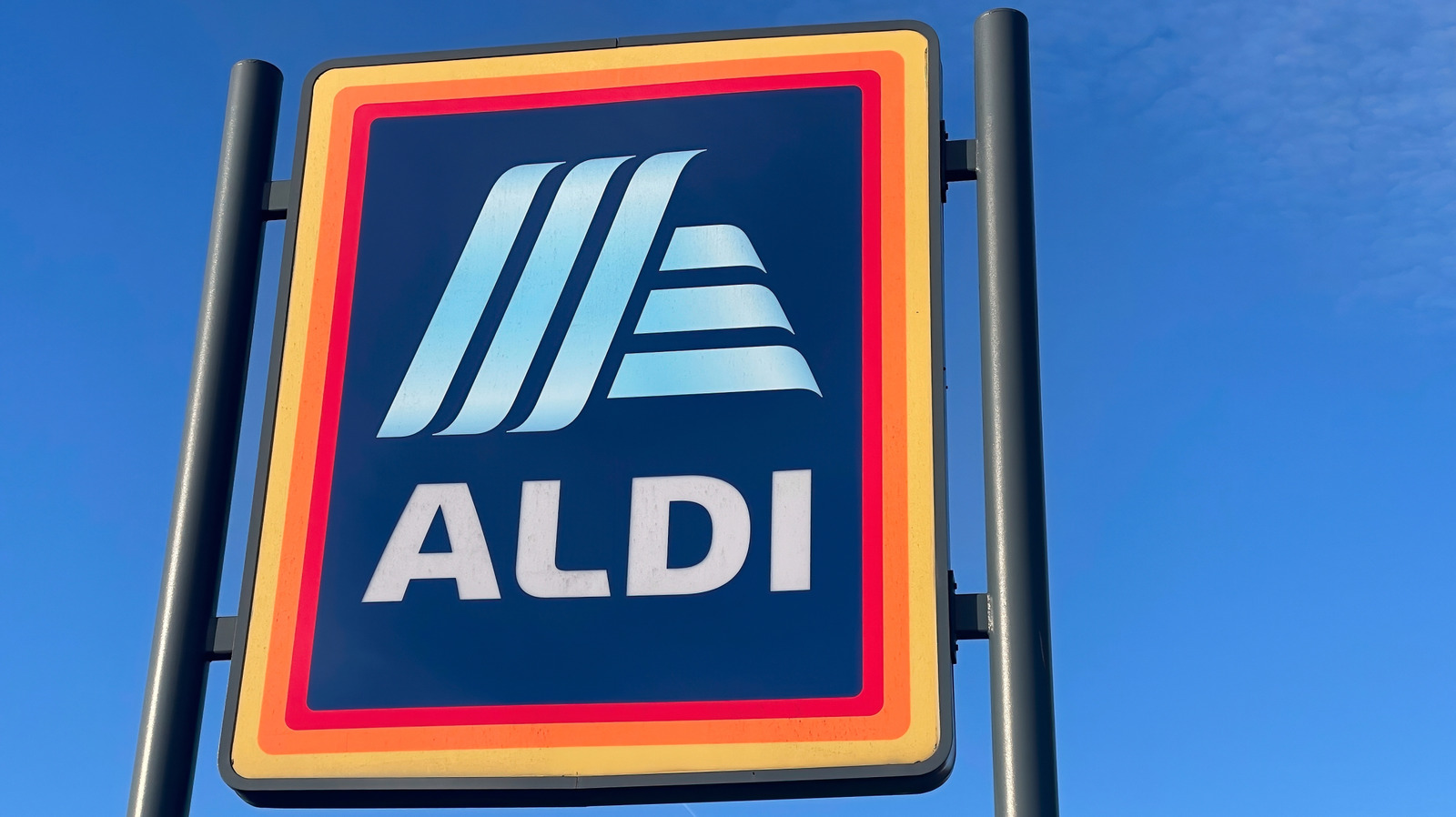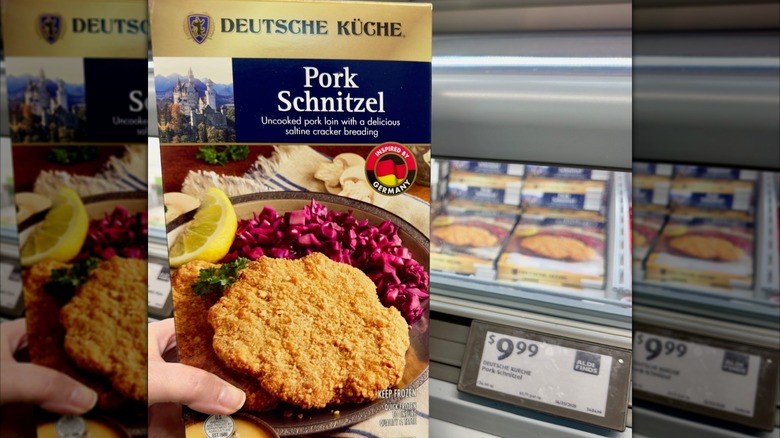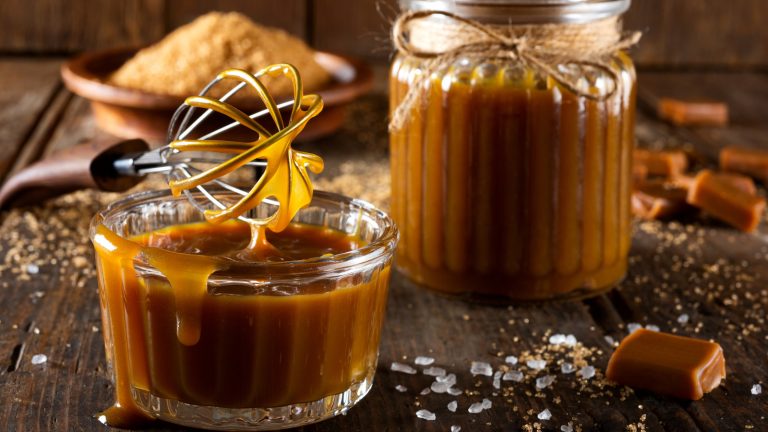Walking into Aldi is like entering a parallel grocery store universe. There’s the simple, obvious product organization, that one aisle that rotates seasonal and limited-edition items on a weekly basis, and of course, the speedy cashiers who make their job look like an Olympic sport. You might also notice a number of German products on the shelves, particularly during the so-called German Week, which happens twice a year. One of the facts about Aldi you should know as a frequent shopper is that the popular chain was founded in Germany; the selection of German products on its shelves is a way to honor and celebrate that heritage.
The story of Aldi began in 1913 in Essen, Germany. Anna Albrecht opened a grocery store, which was then inherited by her two sons, Karl and Theo, more than three decades later. The family business survived two World Wars, expanded to a grocery chain in 1946, and later became the first self-service store in Germany. The business model was primarily built on low and affordable prices for basic pantry staples, which has remained a core part of Aldi’s brand to this day. In 1976, the chain came to the United States, where it continued to expand — as of 2025, there are more than 2,400 Aldi stores in 38 states across America. Despite the expansion overseas, Aldi continues to stock select German (and other European) products, something Tasting Table agrees is one of the things Aldi does better than Trader Joe’s.
German Week at Aldi celebrates traditional German cuisine
There are several German-imported products that you can find at Aldi all year round (though availability ever depends on location), but during German Week there’s an explosion of products inspired by traditional German cuisine, some directly imported from the homeland. Most of those products are sold under Aldi’s own brand, Deutsche Küche. You’ll find everything from savory schnitzels and bratwursts to sweet strudels and wafer rolls; essentially all you need for a typical breakfast in Germany.
Despite the name of the brand, not all of these products hail directly from Germany. Aldi is very transparent about that, so products manufactured in the United States say “Inspired by Germany” on the package. For example, the Smoked Bratwurst and Knackwurst Sausages are made in the States. But other products, like the German Bean Soup and Fall Harvest Soup, are indeed made in Germany, and so the label says “Imported from Germany.”
Deutsche Küche is not the only brand at Aldi that sells German-imported products. You’ll find a lot of European items under the Specially Selected brand, too. There’s a variety of cakes, butter cookies, and fruit spreads all imported from Germany. You’ll also find authentic La Gruyere Swiss cheese, Sparkling Rosé from France, and Italian Mac & Cheese Pesto Pasta — just to name a few.






